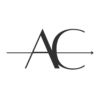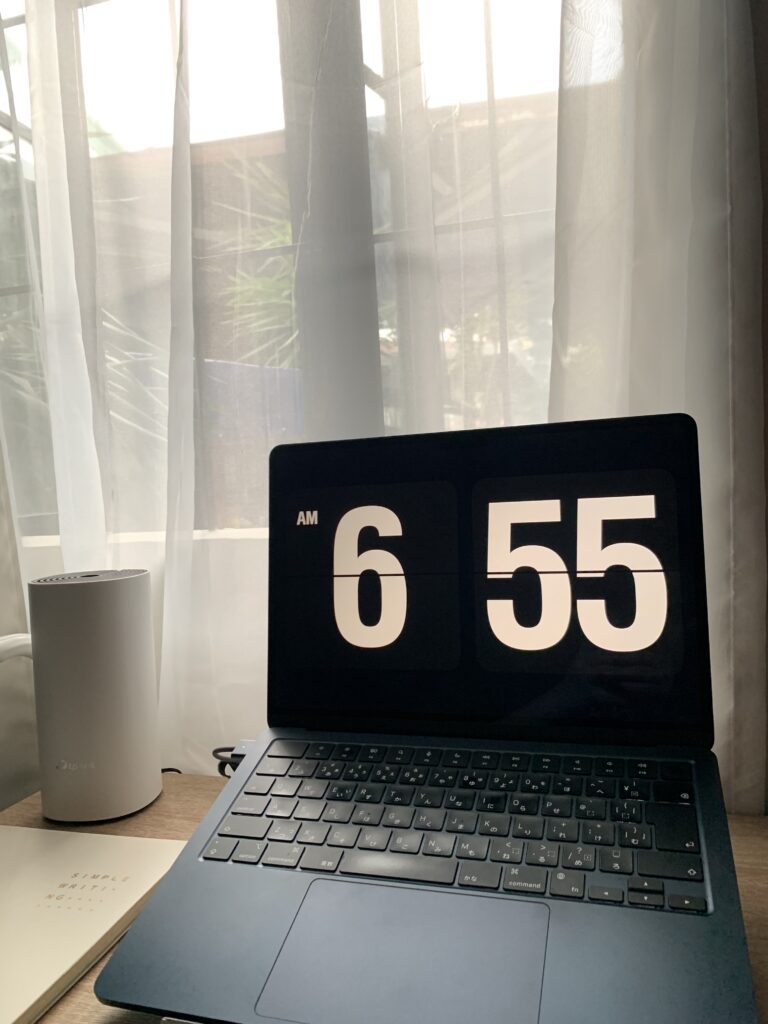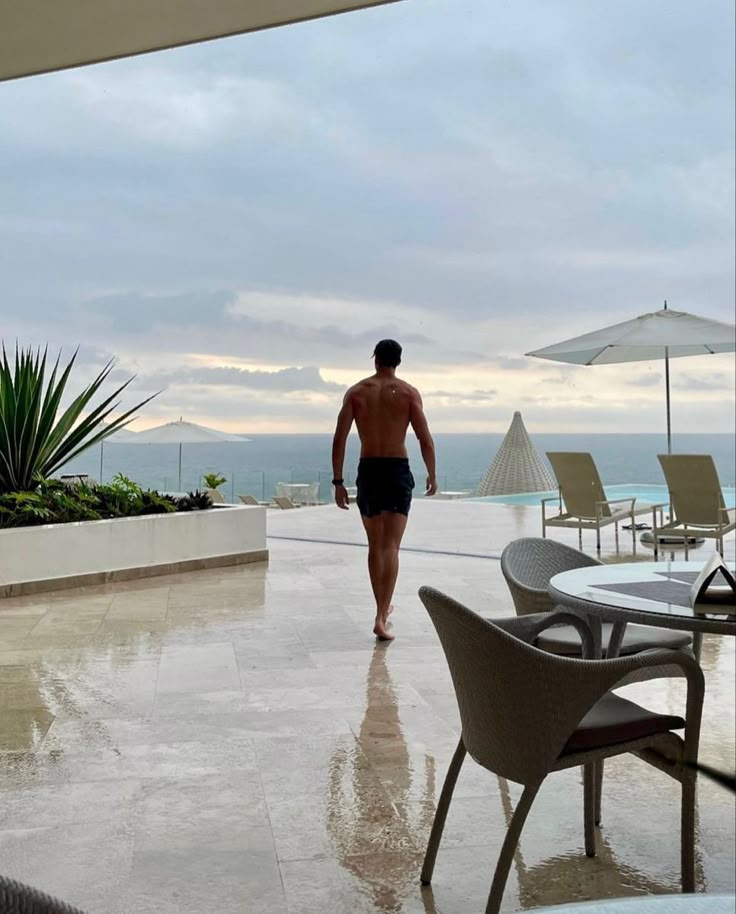Think about the high profiles like CEOs, diplomats, representatives, or TED speakers. What is that one thing that is common in them?
They’re always well-dressed, carrying themselves confidently and exactly in the way the place needs.
Take Steve Jobs, for example; his iconic black turtleneck was a deliberate part of his brand. Similarly, Barack Obama and Indra Nooyi maintained sharp, professional wardrobes that reinforced their authority and credibility.
The way you dress represents a lot, from your mindset for the opportunity to professionalism, confidence, and attention to detail. It conveys why adhering to a dress code in an interview is important. But sadly, that’s one of the most neglected parts of interview preparation.
Like these inspirations, you need to send the right message in your attire when you go for an interview. But what exactly does “dressing right” mean here?
Let’s dive in.

Are You Dressing Right for the Interview?
Take This Quick Self-Assessment…
Before we get into the nitty-gritty of dress code in an interview, let’s start with a few quick questions to check how prepared you are:
- Did I research the company’s dress code before picking out my outfit?
- Is my attire well-fitted, clean, and wrinkle-free?
- Do my grooming and accessories project a professional image?
- Am I dressing appropriately for the industry and company culture?
- Are my shoes clean and polished?
- Did I avoid wearing too much cologne, perfume, or overly bright colours?
- Would I feel comfortable and confident in this outfit during the interview?
Did you hesitate at any of those? There’s room for improvement. Let’s get into the importance of dress code in an interview and how it can hurt you.
Why the Right Dress Code Matters for Interviews?
Your outfit is an intro before you even open your mouth. Here’s why it matters:
1/ First Impressions Matter: Studies show employers form an opinion of you in 10 seconds.
2/ Shows Professionalism: Dressing appropriately signals that you take the company and role seriously and respect the opportunity.
3/ Aligns with Company Culture: Dressing in accordance with the company’s norms shows that you understand the work environment.
4/ Reduces Distractions: A neat, professional appearance keeps the focus on your qualifications, not your outfit.
Not just these, but a polished look can help you feel more self-assured, which in turn boosts your communication and posture. This job interview tip is one of the most important as it can create a positive impact on HR within 15-20 seconds.
Now, let’s break down the key elements of interview preparation, ft. attire and avoidable mistakes.
7 Key Elements of a Great Interview Outfit
1/ Industry-Appropriate Clothing: Corporate jobs call for formal attire; startups or creative roles may be okay with business casual.
2/ A Perfect Fit & Neatness: Clothes should fit well; avoid anything too baggy or tight. Make sure everything is ironed and crisp.
3/ Subtle, Neutral Colors: Stick to timeless colours like navy, black, grey, white, or pastels. Bright or flashy prints can be distracting.
4/ Polished Footwear: Shoes should always be clean and professional. Closed-toe shoes are appropriate for all interviews.
5/ Minimal Accessories: A classic wristwatch, subtle jewellery, and a well-structured bag should do the trick. Avoid anything too flashy.
6/ Hair and nail grooming is a must: A clean hairstyle and neat nails tell the interviewer that you care for yourself and pay attention to detail during the interview preparation.
7/ Confidence & Comfort: You should feel comfortable in your outfit. When you’re at ease, you ooze confidence.
7 Common Attire Mistakes To Avoid When Attending An Interview
→ Either too casual or too formal: Be aware of the company’s dress code, and avoid either wearing too casual or too formal attire.
→ Poorly Fitting Attire: If your clothing does not fit, whether it is either too tight, baggy, or wrinkled, you’ll automatically look unprofessional.
→ Flashy or Distracting Jewelry: Avoid things which have the potential to take somebody’s mind off the interview, such as massive jewellery or loud prints.
→ Dirty Shoes: Worn-out or unclean shoes portray a wrong impression. Therefore, always ensure that your shoes are clean and polished.
→ Overdoing the Perfume: It is okay to wear perfume, but keep it subtle; strong cologne or perfume can be overwhelming in small rooms.
→ Dirty Hair or Nails: Messy hair, unclean nails, or too much makeup- each of these can hurt your professional image.
→ Weather Conditions: Dress appropriately for the weather. Too cold or hot, and you become uncomfortable and distracted.
The Importance Of Dress Code: Real-World Examples

A study by the Journal of Applied Psychology stated that a candidate’s formality of dress could influence hiring decisions. For example, a woman clad in traditional masculine business attire received favourable evaluations for management posts.
A consulting group case study told of two equally qualified candidates who had applied for the same position. One wore an exquisite business suit, while the other wore a much more casual dress. The one in business attire was determined to be able and confident, ultimately bested his opponent, and took the vacant job.
The moral—Make sure you are presentable, according to the dress code, in an interview; it could get you an edge.
Expert Opinions on Interview Attire
- John Davis, Senior Recruiter for a Fortune 500 Company: “Your outfit should reflect the role you aspire to”
- Meera Shah, HR Manager at a Leading Tech Startup: “Even in casual settings, looking polished and put-together signals professionalism. A structured look with neat grooming leaves a great first impression.“
FAQs About Job Interview Tips
1/ Should I always wear a suit for an interview?
Not always. If you’re applying for a corporate role, a suit is usually expected. But for startups or creative roles, business casual might be fine.
2/ Is wearing jeans okay?
Jeans can be acceptable in casual or creative industries. If you wear them, make sure they’re dark, well-fitted, and paired with a blazer.
3/ Can I wear traditional Indian attire?
Yes, but make sure it’s formal. Simple sarees, salwar suits, or kurtas in neutral colours work well for interviews.
4/ How much jewellery is too much?
Less is more. A small pair of studs, a classic watch, and a simple bracelet are perfect.
5/ Are open-toe shoes okay?
For women, closed-toe shoes are safer for formal interviews. Men should stick to dress shoes.
6/ Can I wear bright colours?
Stick to subtle tones like navy or grey. Bold colours may distract unless they align with the industry norms.
7/ Should I cover tattoos and piercings?
It’s safest to cover tattoos and piercings while preparing for formal interviews, though more relaxed industries might be more accepting.
8/ What is the interview dress code in India?
The dress code in India varies by industry. Corporate roles require formal wear for men and a blouse with trousers or sarees for women. Tech and creative fields allow business casual. Always wear clean, well-fitted clothes, keep accessories minimal, and maintain a polished look.
Wrapping Up…
The dress code in an interview is a direct reflection of their professionalism, seriousness, and respect for the opportunity. The dress code in an interview should be in accordance with the company’s culture, which exudes polished professionalism.
In terms of choice, always go for something a notch more formal than what comprises the funda around. Careful dressing might make the difference and give you a good kick to secure an interview win.
Good luck with your interview! I hope you feel confident and well-dressed.




